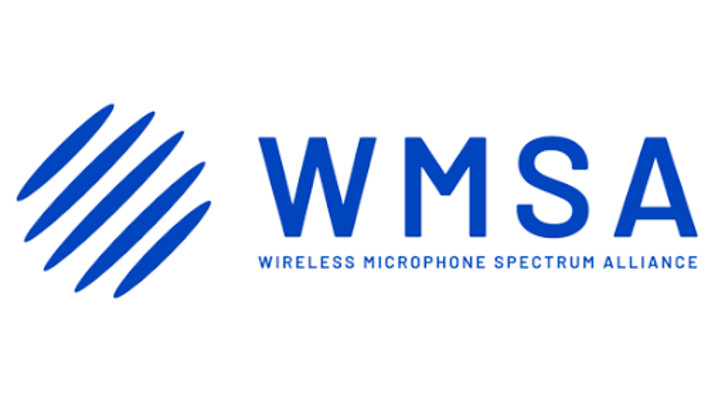The professional video industry's #1 source for news, trends and product and tech information. Sign up below.
You are now subscribed
Your newsletter sign-up was successful
LOWELL, MASS.:WhiteSpace Alliance filed comments endorsing license-exempt usage of the TV band white spaces. While the comments do not mention the impact of the spectrum repacking the FCC is considering at its Sept. 28 open commission meeting, its timing certainly highlights the question of how much white space spectrum will be left after the repacking.
The filing’s main purpose is to encourage the FCC to allow “cognitive radios” that would be able to sense whether or not a channel was being used and then allow use of that channel if it would not cause interference with a licensed service. Spectrum sensing was part of the original white space devices plan, but when testing showed multiple problems with this approach, the FCC and most device manufacturers turned to geolocation. In this approach, channels that would not cause interference to broadcasters or wireless microphone users are calculated based on the location and placed in a database. Devices are only allowed to use channels after verifying they will not cause interference at their location.
The comments offer little technical information. It mostly focuses on the benefits of white-space technology, simply stating “WSA supports the establishment of a regulatory framework permitting the use of license-exempt technologies and opportunistic use of licensed spectrum by cognitive license-exempt devices in the TV bands.” I didn't find any additional technical detail on the WSA website, but on the Markets website, the suggestion is made that white-space technology could benefit TV broadcasters by creating a more compelling TV experience and permitting new sustainable revenue business models.
(Thanks are extended to Martha Shiles for pointing me to this filing.)
The professional video industry's #1 source for news, trends and product and tech information. Sign up below.

Doug Lung is one of America's foremost authorities on broadcast RF technology. As vice president of Broadcast Technology for NBCUniversal Local, H. Douglas Lung leads NBC and Telemundo-owned stations’ RF and transmission affairs, including microwave, radars, satellite uplinks, and FCC technical filings. Beginning his career in 1976 at KSCI in Los Angeles, Lung has nearly 50 years of experience in broadcast television engineering. Beginning in 1985, he led the engineering department for what was to become the Telemundo network and station group, assisting in the design, construction and installation of the company’s broadcast and cable facilities. Other projects include work on the launch of Hawaii’s first UHF TV station, the rollout and testing of the ATSC mobile-handheld standard, and software development related to the incentive auction TV spectrum repack. A longtime columnist for TV Technology, Doug is also a regular contributor to IEEE Broadcast Technology. He is the recipient of the 2023 NAB Television Engineering Award. He also received a Tech Leadership Award from TV Tech publisher Future plc in 2021 and is a member of the IEEE Broadcast Technology Society and the Society of Broadcast Engineers.
